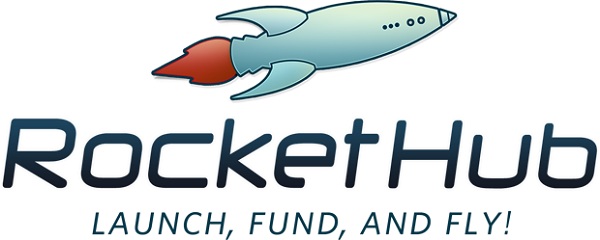
Kickstarter is the king of crowdfunding, but it’s not a good fit for most research projects. Kickstarter is geared toward creative projects, and scientific research doesn’t fit neatly into any of its categories. In addition, most of the people who fund Kickstarter projects expect to receive a reward. Unless you are willing to provide incentives such as T-shirts or bumper stickers to the people who support you, it may be difficult to fund your research project through Kickstarter.
The good news, however, is that there are other crowdfunding sites out there, and many of them are a better fit for researchers. There have even been crowdfunding sites created specifically for the purpose of funding scientific studies. Unfortunately, most of them have failed. However, at least one still remains, and there are other sites that have categories for science and research. Here are our favorites:
#1 Experiment

Experiment’s mission is to provide funding for science to move humanity forward. Projects currently seeking funding include the cataloging of insects and bats in Belize and creating an affordable drug for diabetic wounds. Another project, which is now fully funded, seeks to discover what it is about the Epstein-Barr virus that gives it its cancer-causing properties. Researchers much reach 100% of their funding goal to receive any money. The site takes a 5% fee from the amount raised. There is also a credit card processing fee of around 3%, but it is unclear whether the researcher or the donor covers that fee.
#2 RocketHub

RocketHub has a science category to help scientists raise funding directly from the public. Current projects include a student project studying invasive lionfish and a project dedicated to conserving baboons in southern Africa. RocketHub is not an all-or-nothing model. You keep what you raise, even if you don’t reach your goal. The site charges a 4% commission plus a 4% credit card handling fee if you reach your goal. If you don’t reach your goal, the commission is 8%.
#3 Indiegogo

There is no science category, but there are categories for health, environment, and animals. Depending on the type of project you’re trying to fund, one of those categories could be just the place to run your crowdfunding campaign. For example, the Tisch MS Center is currently running a campaign to fund its phase I stem cell trial for multiple sclerosis. Indiegogo offers both fixed (all-or-nothing) and flexible funding, and the fees range from 4% to 9% for the site fees and 3% for credit card processing.
#4 FundRazr

FundRazr: The health and illness category is the perfect place for a public health researcher to seek funding. The Human Food Project has raised over $475,000 so far toward an open-source project to identify the microbes that live in the human mouth, skin, and gut. With FundRazr, there is no minimum required to keep the funds you raise, and the fees are the same for every campaign: 5% to FundRazer plus a payment processing fee of 2.9% plus 30 cents per transaction.
#5 Razoo

With both a science and technology category and a health category, Razoo is a good place to raise money for your next research project if you’re working with a nonprofit organization. Sorry, no for-profit businesses or individuals need apply. Children’s Hospitals and Clinics of Minnesota is currently running a campaign to provide healthcare to children and support for their families. Donations made to your campaign are tax-deductible to the donor. Razoo charges 4.9% on all donations.
There is no one crowdfunding website that is perfect for every project, so do some research first and check to see if anyone else has run a similar project on the platform you’re considering. If so, how well did it do? Its performance could be an indicator of how well your project is likely to do on that platform. However, the biggest factor will be how effectively you promote your project to your friends, family, and social media followers. The projects that do best—on any platform—tend be those that are promoted tirelessly.








